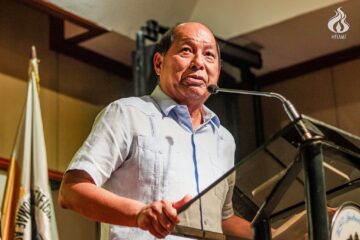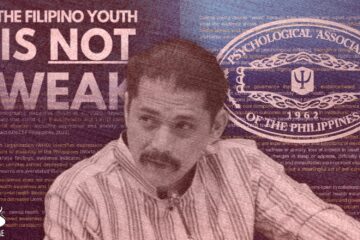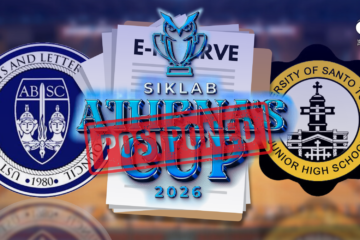POLITICAL SCIENCE department chair Asst. Prof. Dennis Coronacion said Tuesday that the institutional weakness of the Philippines led to the Duterte administration’s failure to control the pandemic.
“We cannot blame this all on President Duterte kasi kahit gaano pa siya kalakas na leader, I think given the enormity of the problem—the pandemic, kahit sinong leader ang ilagay mo diyan, he or she is bound to fail kasi we have weak state institutions,” Coronacion said in a webinar.
He said that the country has a defective public health system and weak public health institutions, mentioning Philippine Health Insurance Corporation’s corruption and the “inefficient” hospital system.
Coronacion also cited the “securitization” or the “military solution” as one of the ineffective pandemic responses of the administration.
“The approach should have been based on public health and ‘yung expertise coming from the medical experts [but] the government has been adamant in changing its military approach,” Coronacion said.
Coronacion said that securitization is the key to ensure the survival of the Duterte administration.
“Nararamdaman ng military ‘tsaka ng mga police na sila’y importante, they would never attempt to topple down the Duterte government,” he said.
Other pandemic responses such as the increased executive powers and financial assistance also failed, said Coronacion.
Pandemic effects in 2020 elections
Coronacion said that the pandemic will not significantly affect the voters’ preferences as political dynasties will continue to rule the country’s political landscape.
“It is going to be business as usual come 2022,” he added.
Coronacion noted that if the Philippines has not reached herd immunity by May 2022, the election might be rescheduled.
Meanwhile, political science lecturer Cleve Arguelles stated that the populist nature of Duterte makes ‘Dutertismo’ durable.
“Dutertismo is likely to be given a second term,” Arguelles stated, citing the dominance of Mayor Sara Duterte in a recent pre-election poll.
Arguelles said that despite the administration’s “spectacular failures” and “mismanaged pandemic,” people renewed their support for Dutertismo as populist leaders thrive during times of crisis.
“What makes Dutertismo this durable? Because the populist brand is [in] crisis,” said Arguelles.
During the pandemic, the president mobilizes support by capitalizing on anxieties, securitizing the pandemic, and polarizing the public.
“EKLEKTOS: The Implications of the Covid-19 Pandemic to the Upcoming 2022 National Elections” is a webinar organized by the UST Political Science Forum. F



